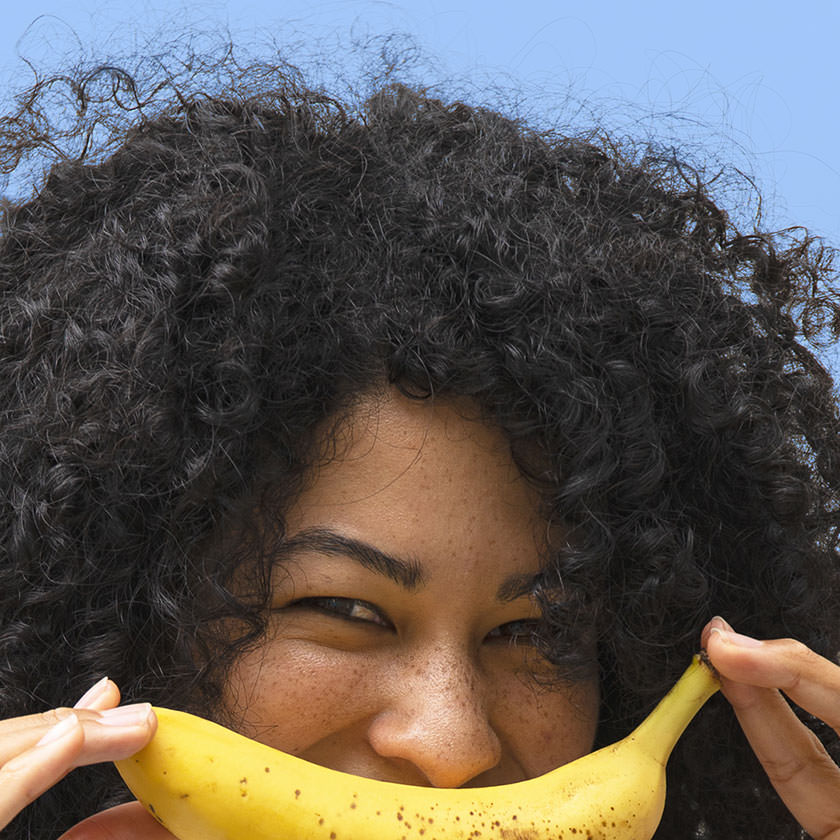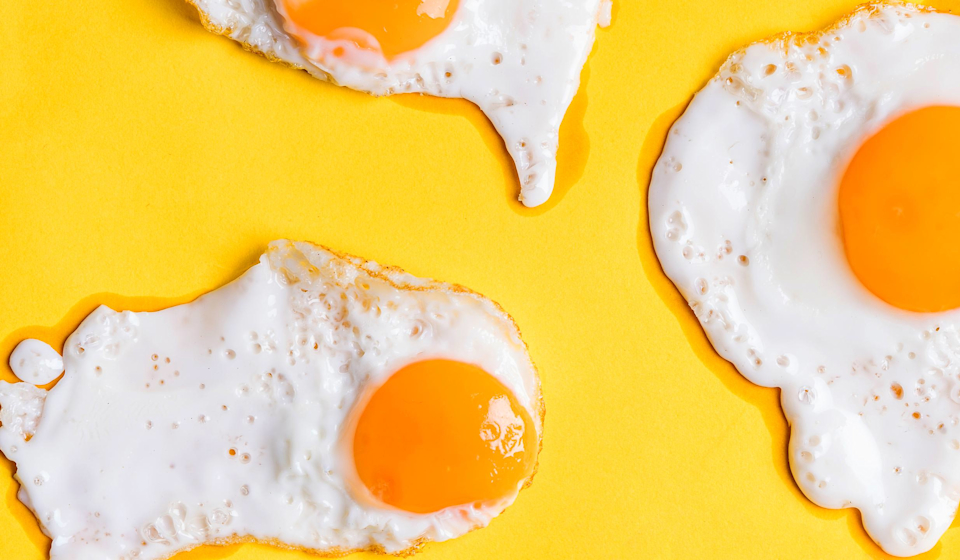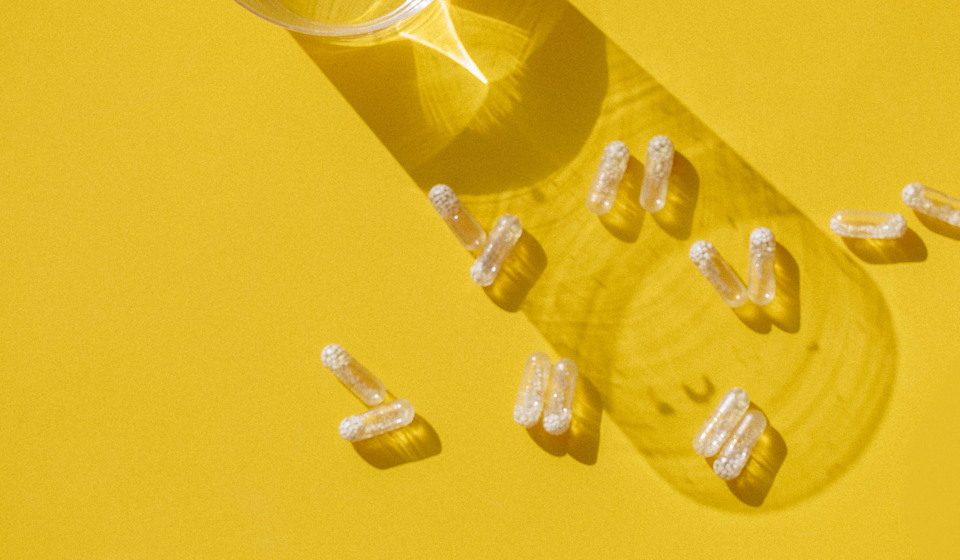There’s a lot to consider at the start of your pregnancy—and if you follow a vegan diet, questions about your diet and choosing a prenatal vitamin that fits your lifestyle are probably particularly top-of-mind. The good news: While we recommend chatting with your ob-gyn to ensure that your diet is providing the nutrition that you and your baby need, finding a high-quality, vegan prenatal multivitamin to fill any gaps is one thing you can definitely check off your list.
What nutrients should vegans look for in a prenatal multivitamin?
You probably know that while you can get a lot of the nutrients you need through plant-based foods, you have to be wary about others. That’s true whether you’re pregnant or not, but practicing extra caution when you’re expecting isn’t a bad idea. A 2015 review from the International Journal of Obstetrics and Gynecology notes that while it’s possible to support a healthy pregnancy with a vegan or vegetarian diet, it’s important for pregnant women to pay attention to three nutrients in particular.
- Let’s start with omega-3 fatty acids, which support brain health—and prenatal DHA provides support as your baby develops. It’s not always easy for vegans to get enough omega-3 through diet alone, since a primary source is fish. On that note, the struggle with finding a vegan-friendly DHA supplement is that many capsules on the market use fish oil.
Look for: a vegan-certified prenatal vitamin that uses DHA sourced from microalgae—like our Essential Prenatal.
- Next up: vitamin B12, the eternal struggle for vegans and vegetarians everywhere. (We can practically hear the groans.) B12 is a key player in cell reproduction, and when we’re running low in this essential nutrient, it can manifest as brain fog and low energy. The problem? It’s found mostly in meats.
Look for: a vegan-certified prenatal vitamin that uses a bioidentical form of vitamin B12—aka a version of the nutrient that’s made in a lab, but is molecularly identical to the version found in nature. Your body can better use this active form.
- Your iron needs are something else to consider, since iron teams up with vitamin B12 and folate to build red blood cells. Vegans can have a tricky time getting enough iron to begin with, since iron-rich food sources include eggs and shellfish. And since your needs increase during pregnancy, it’s wise to look to supplementation.
Look for: a vegan-certified prenatal vitamin with chelated iron, which is easier on the stomach than other forms.








